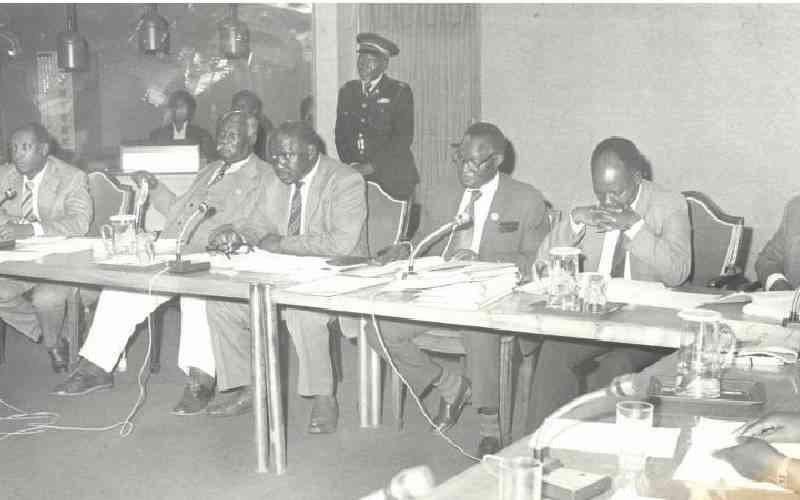
The Kenya African National Union (Kanu) party must, as a matter of priority, construct a presidential library. The once political colossus should immortalise its contributions to nation-building beyond the successes and failures of its past.
A presidential library as President Ford once observed, "Is much more than a library, it's a classroom of democracy. A place to find inspiration as well as information." The behemoth that once straddled our politics like a colossus by consecutively producing presidents for the first 39 years of our independence certainly has something to teach us.